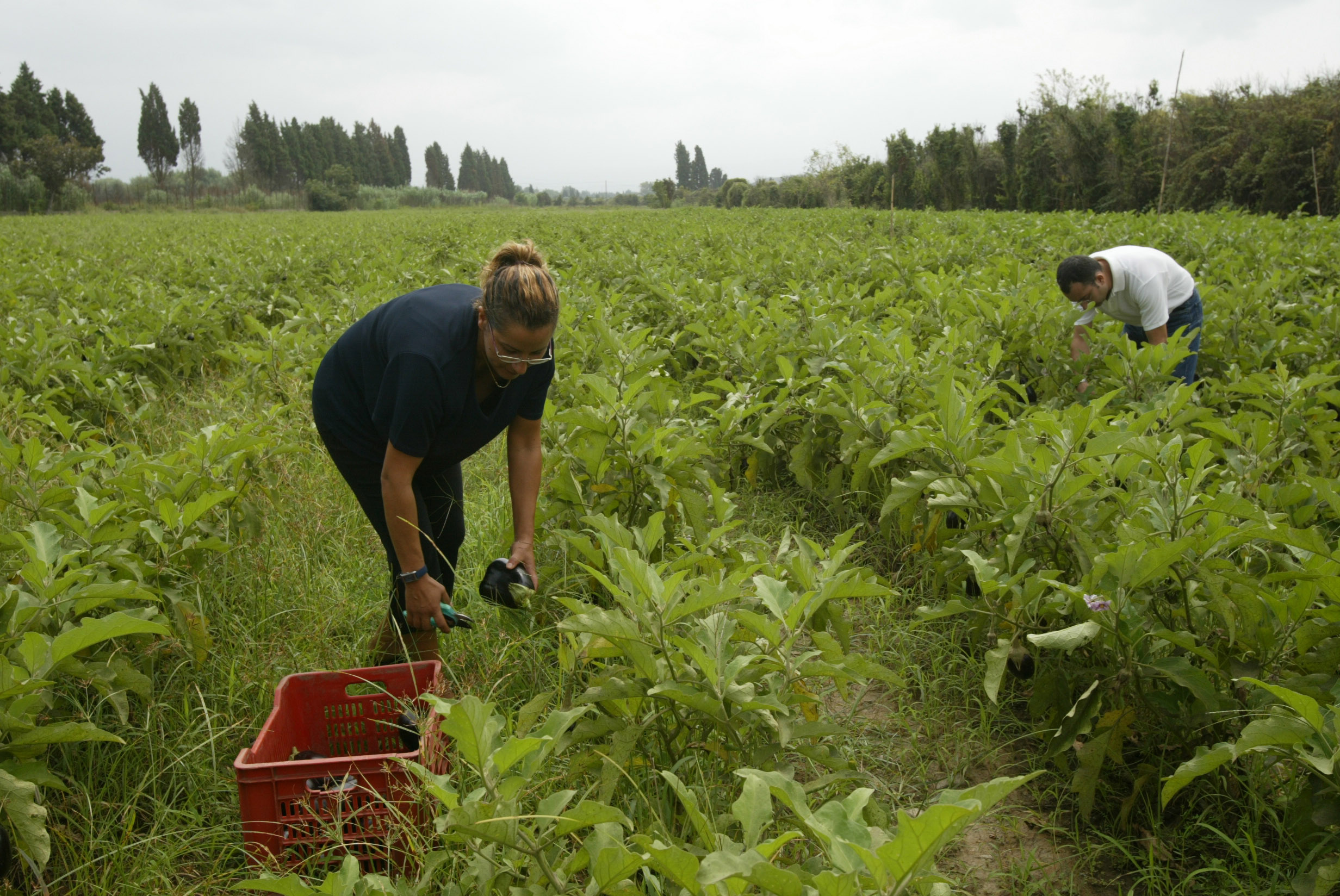THE ENVIRONMENT
Messages emerged from the Icra-Eza seminars. Sustainability, combating waste, justice: the principles contained in the new Encyclical. Joint challenges of Christians and non-Christians

A few days after the publication of the Pope Francis’ Encyclical “Laudato si” and his call for integrated ecology, the Expo in Milan hosted the international seminar “Faith, Agriculture, Food, and the Environment: A New Idea of Development to Defeat Hunger and Face the Challenges of the Third Millennium”. The meeting, sponsored by the International Catholic Rural Association (ICRA) and the European workers’ training centre (EZA), with the support of the European Commission, following the reflections of Bergoglio emphasized the importance of changing widespread lifestyles by returning to cultivate and protect the “garden of the world”, favoring not only the quantity but also the quality of the food produced. Integrated ecology. In his welcoming address, Cardinal Peter Turkson rose attention on the fundamental problem of our times, emphasized also by Pope Francis, namely, to “listen to the cries of the land and the cries of the poor”. As the Biblical narration teaches, “human life is bound to three forms of relationships that are strongly intertwined, namely, our relationship with God, with our neighbour and with land”, the Cardinal pointed out. “When one of these relationships is broken, the others break in turn”, His Eminence said. “The common good, he continued, should be a priority compared to personal interest. World resources have a universal destiny. Creation is a gift to the whole of humanity, not just a part”. That’s why “”We are called to act in solidarity with those who lack access to these goods – with the large portion of humanity who suffer in the midst of plenty, beginning with those millions of people who are hungry while so much food is thrown away”. environmental degradation has a direct impact on agriculturethrough droughts and floods caused by climate change, depletion of freshwater resource, and loss of vital biodiversity”, he concluded. Thus, it’s now time to provide concrete, immediate answers to the poorer regions in the world, “through investment in rural infrastructures, a better organization of local or national markets, systems of irrigation, and the development of techniques of sustainable agriculture” thereby encouraging the creation “of cooperatives of small farms”. Fight on climate change. “Christians, and non-Christians alike, have lost sight of what the Creation is; they must instead recover a holistic vision”, said Calvin Madison (University of Wisconsin). “Christians who pay no attention to the gifts of the creation – he continued – fail to fulfill their duties as believers serving the land of God is the true vocation of the faithful”. “But environmental care – continued – must be a moral and ethical objective even for non-believers because this is where we are all called to live and it’s everyone’s goal is to preserve it and pass it on to the new generations as we have found it”. The professor also presented his studies on climate change and the consequences on some regions due to the emission of CO2. Concluding his speech, he pointed out: “We can no longer afford to ignore this data”. The vocation of agricultural leaders. Vincenzo Conso ICRA Secretary, coordinator of the Forum of NGOs of Catholic inspiration, recalled that “in order to trigger renewal processes networking is critical to the achievement of the results”. Conso referred to the latest encyclical by Pope Francis and proposed good practices “to change the lifestyles of each one of us, recovering the meaning of our dignity”. Conso proposed mall steps to obtain major changes as reiterated in the contributions of NGO representatives who took part in the debate, the first regarding the improvement of food safety in Palestinian Territories and in Jordan, the second, introduced by Italo Rizzi and Simona Guida (Focsiv), on family farms in Sub-Saharan Africa. At the end of the meeting, ICRA chairman James Ennis recalled that drawing inspiration from the encyclical of Pope Francis and from the document “The vocation of business leaders”, compiled by Cardinal Turkson, ICRA intends to publish a handbook on “The vocation of agricultural leaders” as “those involved in the sector of food and agriculture – Ennis concluded – are called to take part in the contemporary economic and agricultural realm in the light of the principles of human dignity and the common good”.